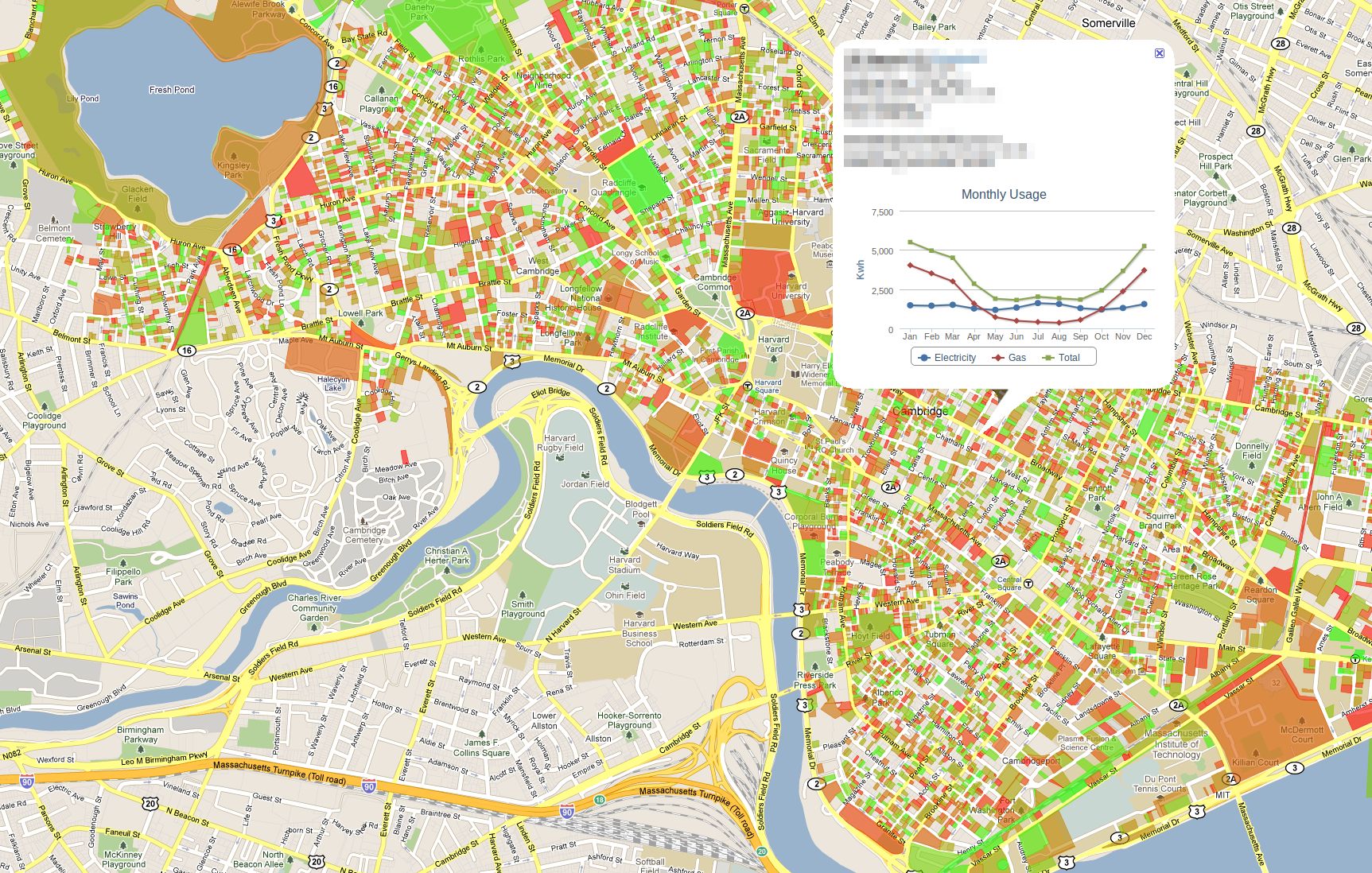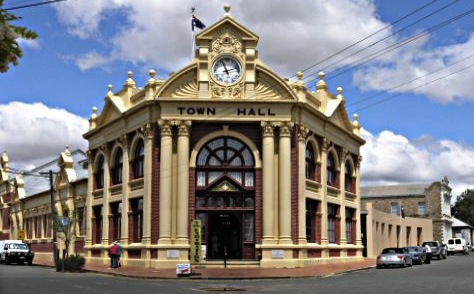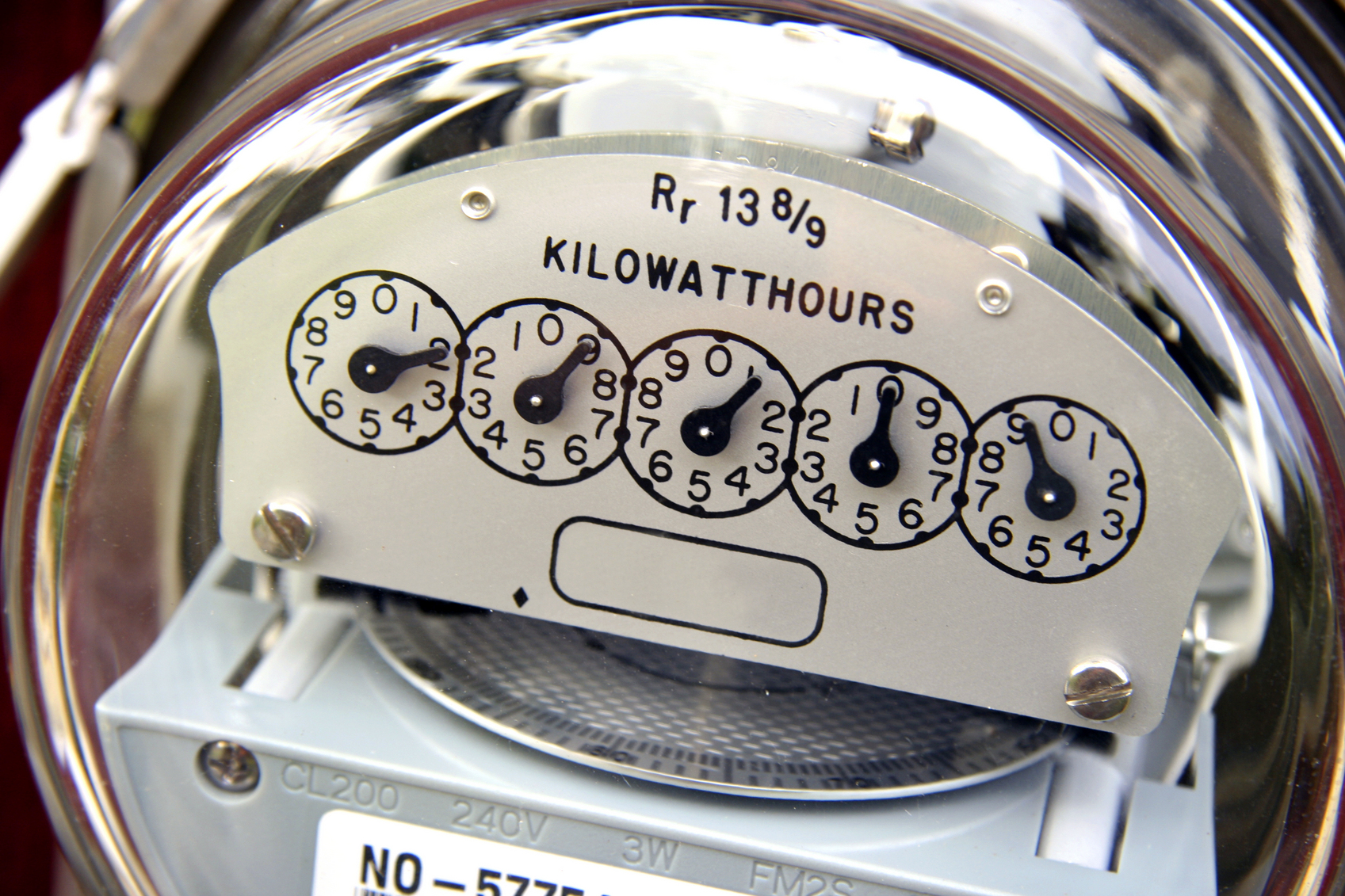Since 2009, the MIT's Energy Efficiency Strategy Project (EESP) has supported student-led research on energy efficiency as a resource strategy and its potential to create societal, economic, and carbon benefits. As part of this project, students have collectively addressed, through research and thesis, new approaches to increasing energy efficiency. Project funds have also supported energy efficiency classes which focus on strategy innovation of utility, community, and smart grid-enabled efficiency deployment models. An EESP objective has been to examine new efficiency program models that partner with cities and towns - methods to engage communities to save energy in their public buildings, as well as support campaigns for homes and businesses. A focus in the last year has been on pathways to greater scale in multifamily housing, with potential community partner strategies. With NU support, a pilot program design was developed for potential implementation in the City of Cambridge, with an innovative model for non-low income, tenant occupied, smaller multifamily buildings - a large but hard-to-reach segment for efficiency. Also, to demonstrate an extension of the US DOE/White House Green Button initiative, technology approaches were examined to evaluate a city-scale Residential Energy Map, which would apply energy data along with available other data to catalyze energy efficiency through remote energy assessments and improved data access. Other areas of student research have included:
|
Recent Events
Greening Cities with Energy Efficiency
How do cities think about and work with energy efficiency as part of their sustainability initiatives? Cities and community organizations continue to move forward as catalysts of energy efficiency in the built environment. With emphasis on highlighting the work of students and recent graduates, we consider how local action is moving to the forefront as a strategy to save energy and mitigate climate change. View the agenda. |


